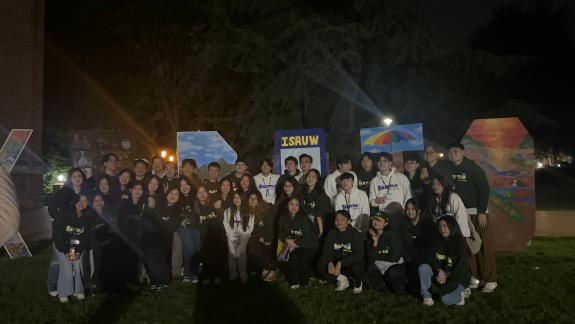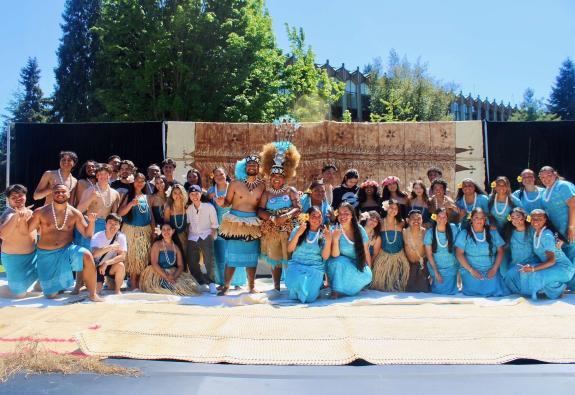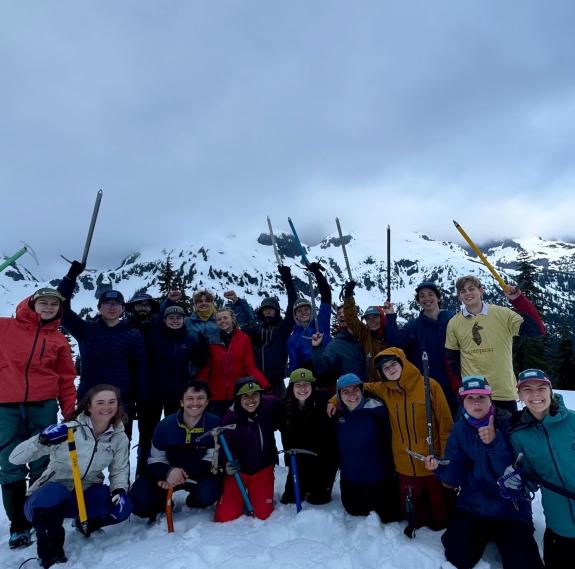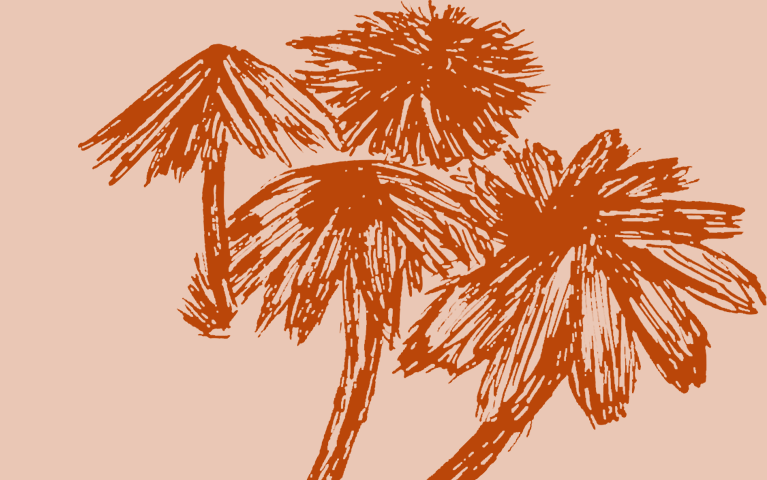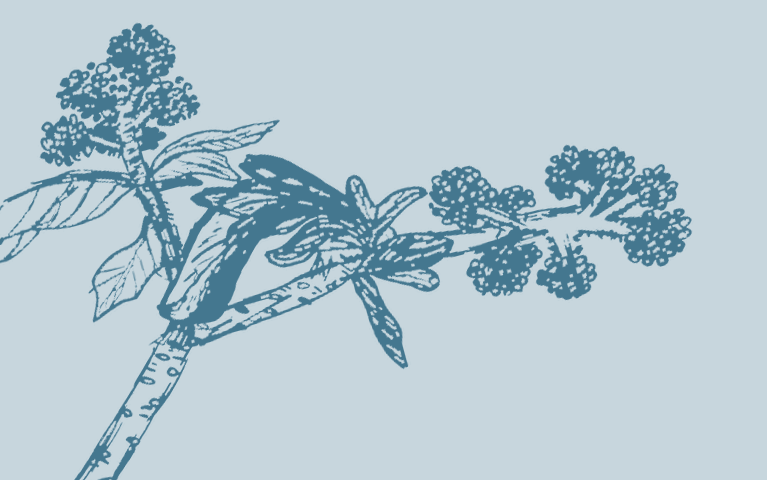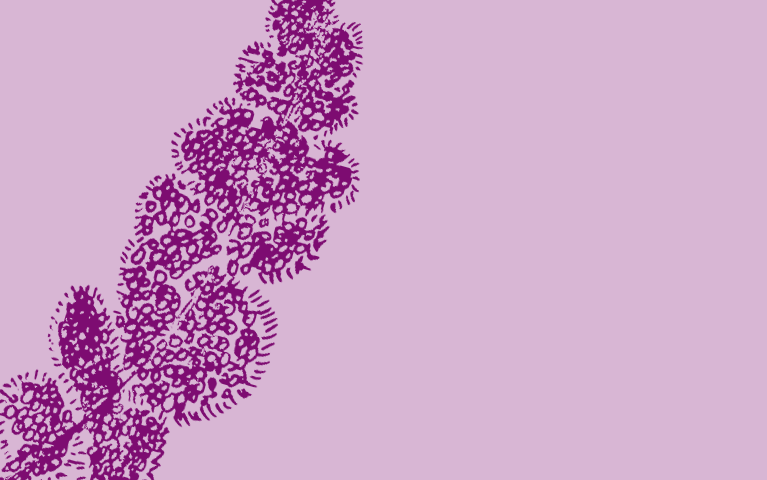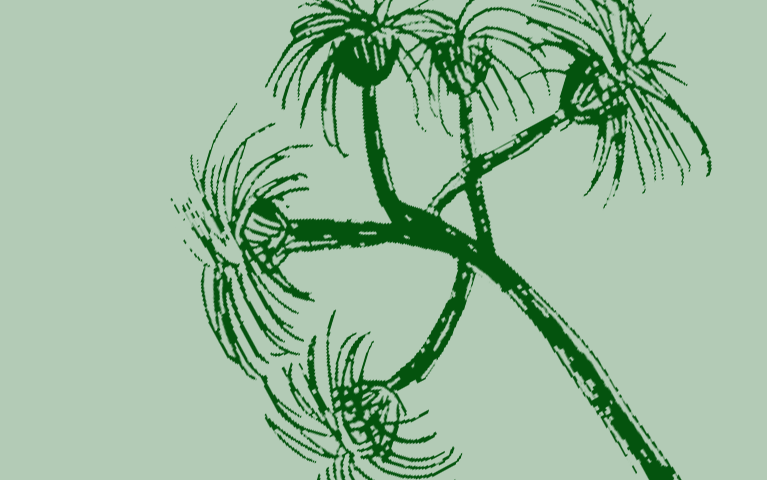Projects
Native Food Ecosystem: Continuing to Steward the Native…
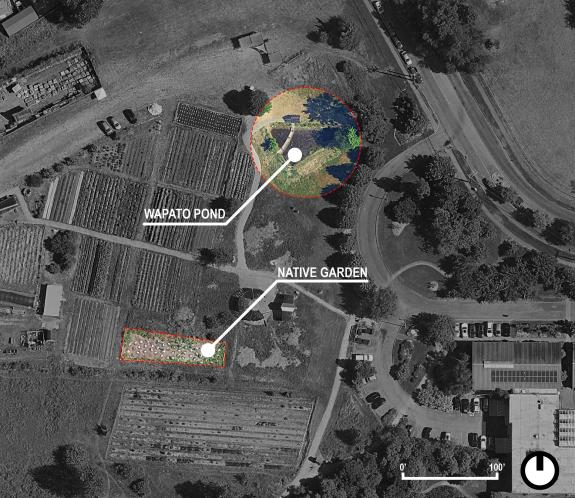
Native Food Ecosystem: Continuing to Steward the Native…
- Status
- Active
- Mini
- Year
- 2025-2026
- Awarded
- $2,702
- Funding sources
- Services and Activities Fee (SAF)
Green Square: UW Tower Urban Garden Demonstration
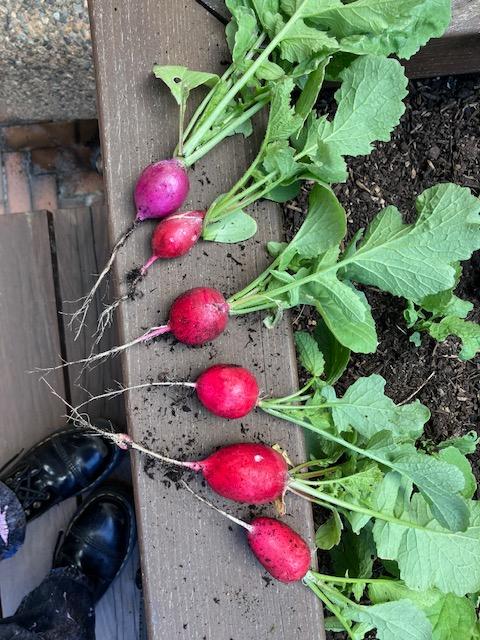
Green Square: UW Tower Urban Garden Demonstration
- Status
- Active
- Large
- Year
- 2024-2025
- Awarded
- $14,066
- Funding sources
- Services and Activities Fee (SAF)
Climate Solutions Summit

Climate Solutions Summit
- Status
- Completed
- Mini
- Year
- 2024-2025
- Awarded
- $565
- Funding sources
- Services and Activities Fee (SAF)
First Nation's at UW 54th Annual Spring Powwow
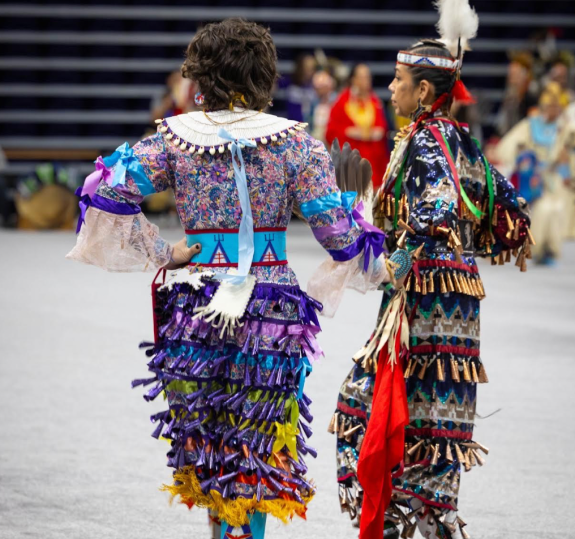
First Nation's at UW 54th Annual Spring Powwow
- Status
- Active
- Large
- Year
- 2024-2025
- Awarded
- $15,000
- Funding sources
- Services and Activities Fee (SAF)
Sustainable Education Initiative Data Collection
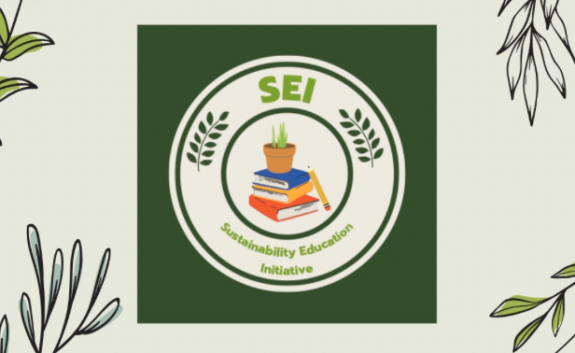
Sustainable Education Initiative Data Collection
- Status
- Active
- Mini
- Year
- 2024-2025
- Awarded
- $4,560
- Funding sources
- Services and Activities Fee (SAF)
Khmer New Year Show

Khmer New Year Show
- Status
- Active
- Large
- Year
- 2024-2025
- Awarded
- $9,800
- Funding sources
- Services and Activities Fee (SAF)
Project Indoor Farm
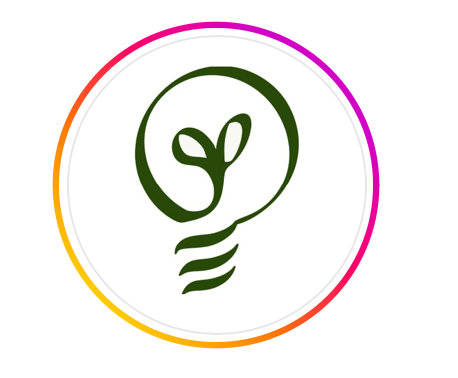
Project Indoor Farm
- Status
- Active
- Mini
- Year
- 2024-2025
- Awarded
- $4,976
- Funding sources
- Services and Activities Fee (SAF)
Cultivating skills for ethical research collaborations with…
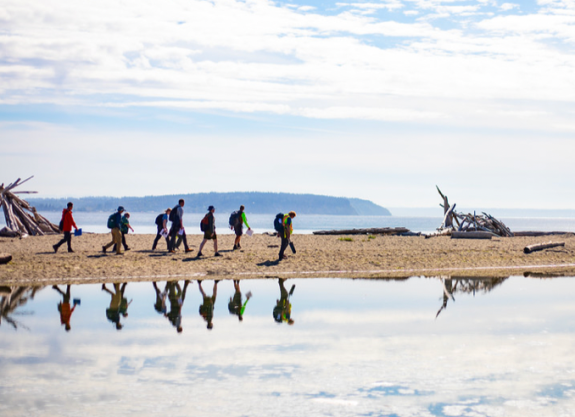
Cultivating skills for ethical research collaborations with…
- Status
- Active
- Mini
- Year
- 2024-2025
- Awarded
- $4,000
- Funding sources
- Services and Activities Fee (SAF)
Micronesian Night
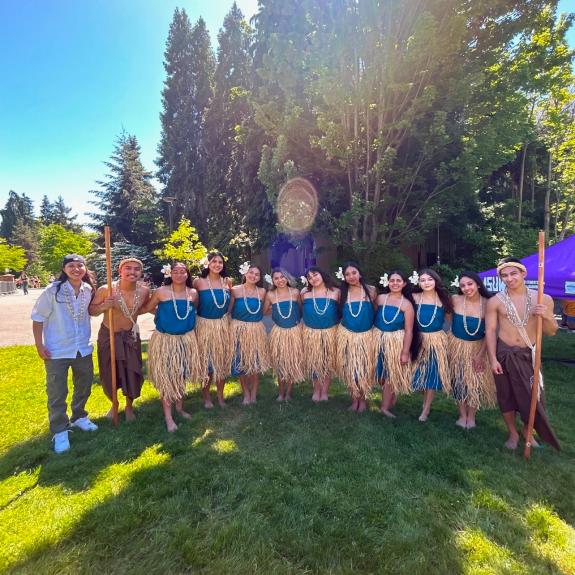
Micronesian Night
- Status
- Active
- Large
- Year
- 2024-2025
- Awarded
- $7,000
- Funding sources
- Services and Activities Fee (SAF)
KERATON
KERATON
- Status
- Active
- Large
- Year
- 2024-2025
- Awarded
- $15,000
- Funding sources
- Services and Activities Fee (SAF)
Pacific Islander Student Alliance Conference 2025
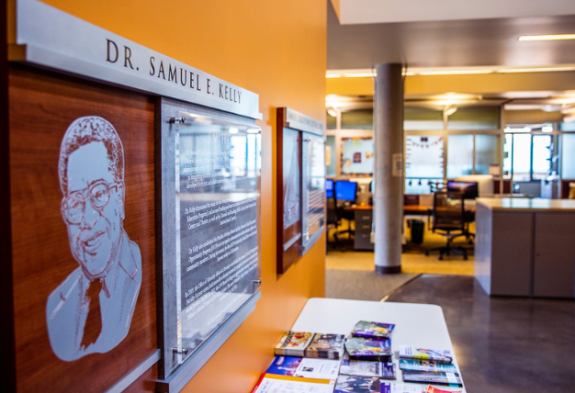
Pacific Islander Student Alliance Conference 2025
- Status
- Active
- Large
- Year
- 2024-2025
- Awarded
- $14,224
- Funding sources
- Services and Activities Fee (SAF)
Desi Dhamaka 2025
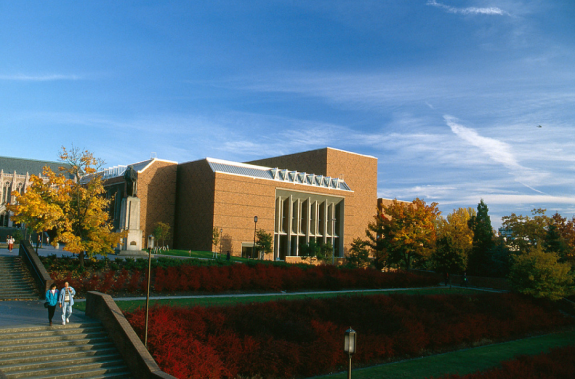
Desi Dhamaka 2025
- Status
- Completed
- Mini
- Year
- 2024-2025
- Awarded
- $5,000
- Funding sources
- Services and Activities Fee (SAF)
Polynesian Day
Polynesian Day
- Status
- Completed
- Mini
- Year
- 2024-2025
- Awarded
- $5,000
- Funding sources
- Services and Activities Fee (SAF)
2025 Pre-Health Conference
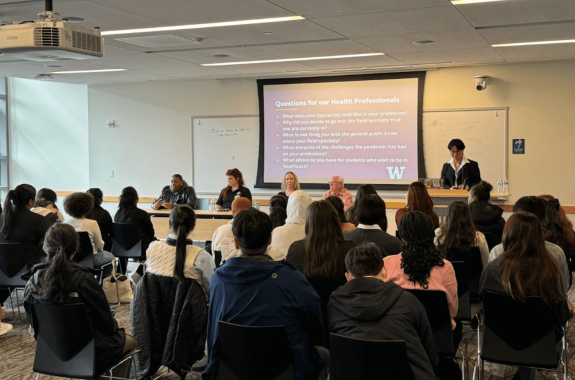
2025 Pre-Health Conference
- Status
- Active
- Mini
- Year
- 2024-2025
- Awarded
- $4,159
- Funding sources
- Services and Activities Fee (SAF)
58th Annual Lunar New Year Gala
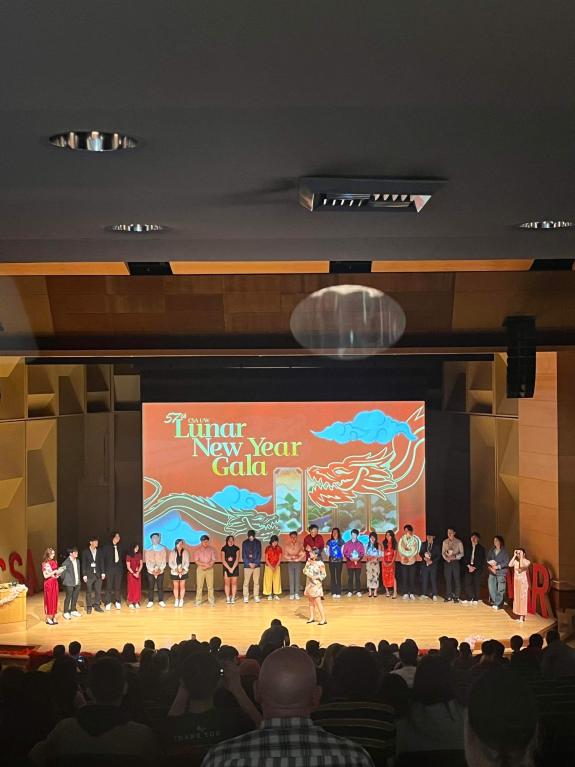
58th Annual Lunar New Year Gala
- Status
- Completed
- Mini
- Year
- 2024-2025
- Awarded
- $4,955
- Funding sources
- Services and Activities Fee (SAF)
Taiwanese Student Association's UW Night Market
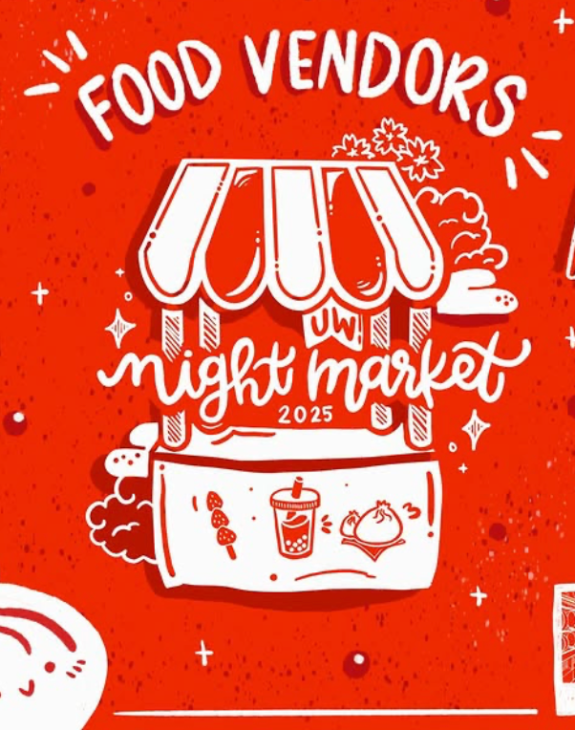
Taiwanese Student Association's UW Night Market
- Status
- Completed
- Large
- Year
- 2024-2025
- Awarded
- $10,000
- Funding sources
- Services and Activities Fee (SAF)
Spreading Chinese Culture through Traditional Chinese Dance…
Spreading Chinese Culture through Traditional Chinese Dance…
- Status
- Active
- Mini
- Year
- 2024-2025
- Awarded
- $1,280
- Funding sources
- Services and Activities Fee (SAF)
Community Design Building Rain Garden Yard Revitalization
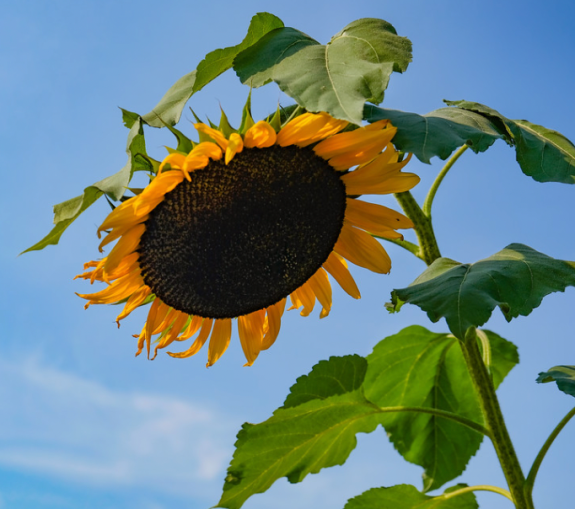
Community Design Building Rain Garden Yard Revitalization
- Status
- Active
- Large
- Year
- 2024-2025
- Awarded
- $14,030
- Funding sources
- Services and Activities Fee (SAF)
Vermicompost Facility Upgrade: Increasing Public Health
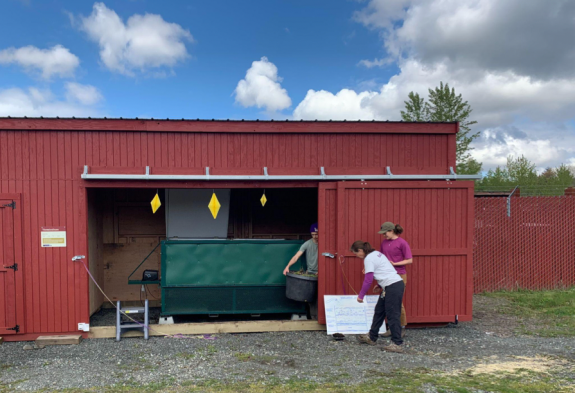
Vermicompost Facility Upgrade: Increasing Public Health
- Status
- Active
- Mini
- Year
- 2024-2025
- Awarded
- $5,000
- Funding sources
- Services and Activities Fee (SAF)
Co-designing environmental education materials in Spanish…
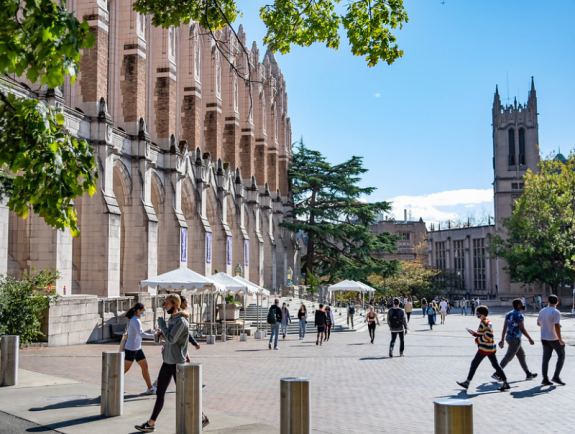
Co-designing environmental education materials in Spanish…
- Status
- Active
- Large
- Year
- 2024-2025
- Awarded
- $23,551
- Funding sources
- Services and Activities Fee (SAF)
VSAUW Hoa Khôi Liên Trường Letter of Intent
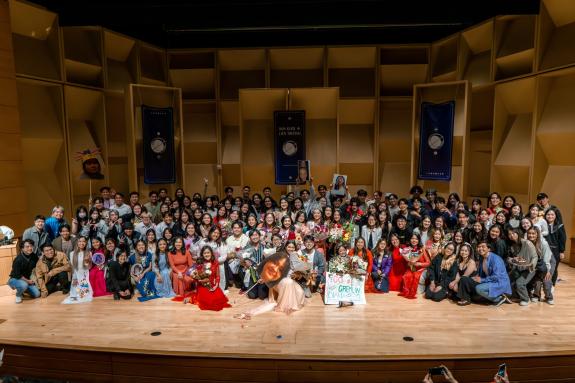
VSAUW Hoa Khôi Liên Trường Letter of Intent
- Status
- Active
- Mini
- Year
- 2024-2025
- Awarded
- $3,275
- Funding sources
- Services and Activities Fee (SAF)
Cultural Harvest
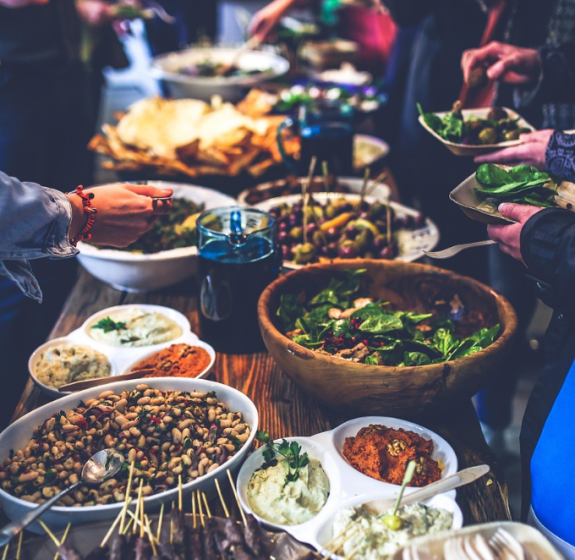
Cultural Harvest
- Status
- Active
- Mini
- Year
- 2024-2025
- Awarded
- $3,929
- Funding sources
- Services and Activities Fee (SAF)
Little Free Library on Campus
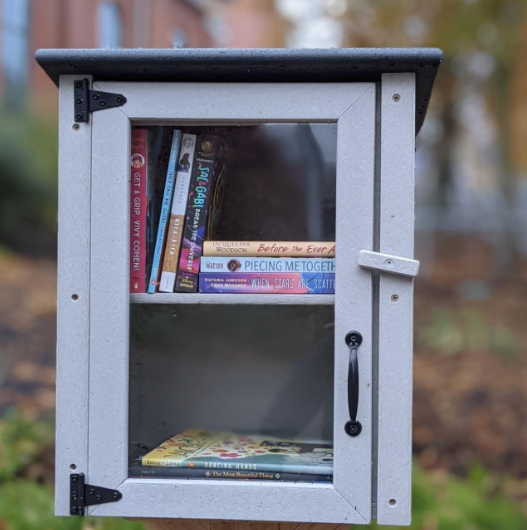
Little Free Library on Campus
- Status
- Active
- Mini
- Year
- 2023-2024
- Awarded
- $1,500
- Funding sources
- Services and Activities Fee (SAF)
The Seattle Multilingual Youth of Color & Educator…
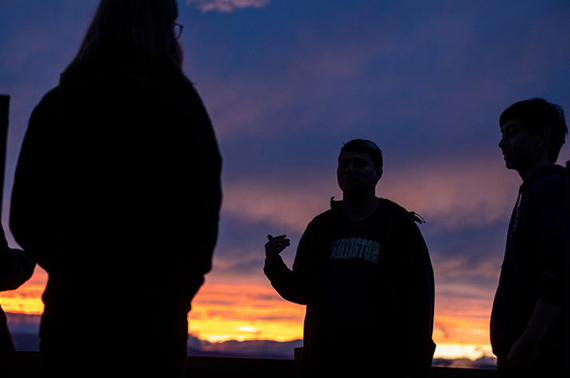
The Seattle Multilingual Youth of Color & Educator…
- Status
- Active
- Mini
- Year
- 2023-2024
- Awarded
- $4,740
- Funding sources
- UW Resilience Lab (UWRL)Services and Activities Fee (SAF)
Somali Night
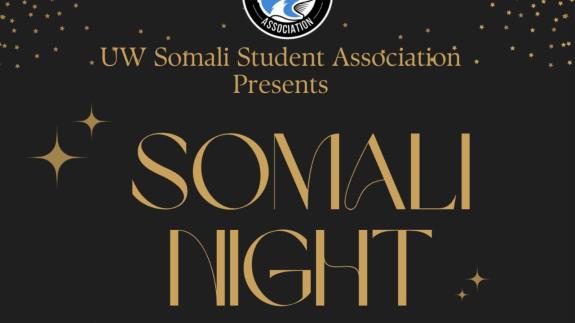
Somali Night
- Status
- Completed
- Mini
- Year
- 2023-2024
- Awarded
- $5,000
- Funding sources
- Services and Activities Fee (SAF)
Honoring International Faculty
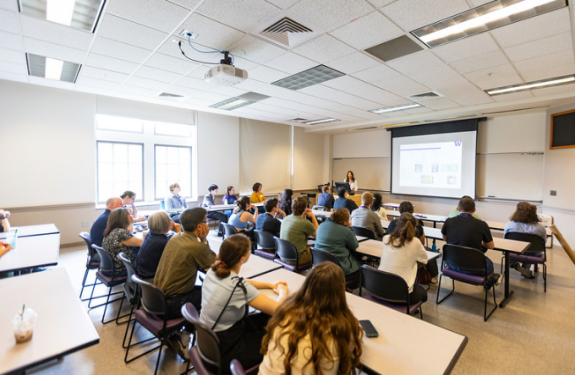
Honoring International Faculty
- Status
- Active
- Mini
- Year
- 2023-2024
- Awarded
- $4,000
- Funding sources
- UW Resilience Lab (UWRL)
SER-UW Native Plant Nursery - Cultivating Careers with…
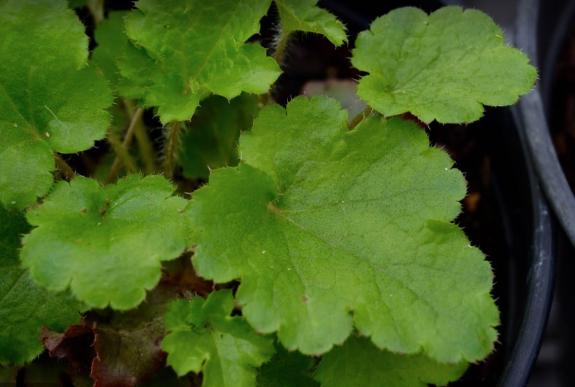
SER-UW Native Plant Nursery - Cultivating Careers with…
- Status
- Active
- Large
- Year
- 2023-2024
- Awarded
- $80,198
- Funding sources
- Services and Activities Fee (SAF)
2024 TSA UW Night Market Sustainable Program

2024 TSA UW Night Market Sustainable Program
- Status
- Completed
- Mini
- Year
- 2023-2024
- Awarded
- $5,000
- Funding sources
- Services and Activities Fee (SAF)
Investigating stormwater runoff for tire derived anti-…
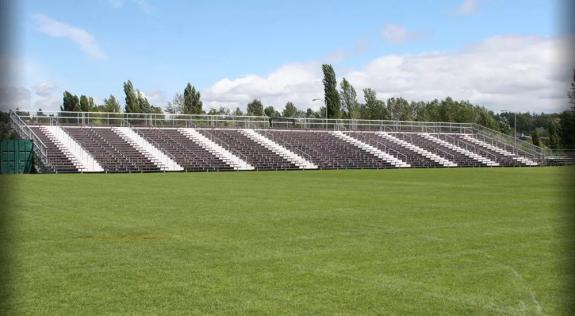
Investigating stormwater runoff for tire derived anti-…
- Status
- Active
- Large
- Year
- 2023-2024
- Awarded
- $20,586
- Funding sources
- Services and Activities Fee (SAF)
Matsuri 2024
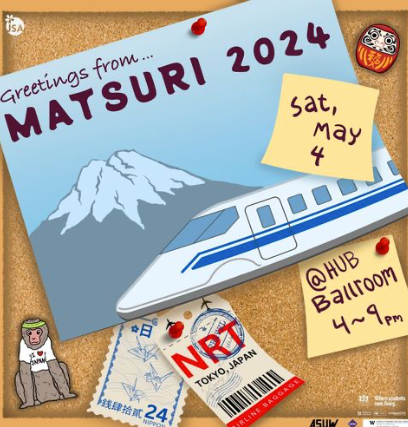
Matsuri 2024
- Status
- Completed
- Mini
- Year
- 2023-2024
- Awarded
- $2,000
- Funding sources
- Services and Activities Fee (SAF)
Feasibility study to develop a societal embedding framework…
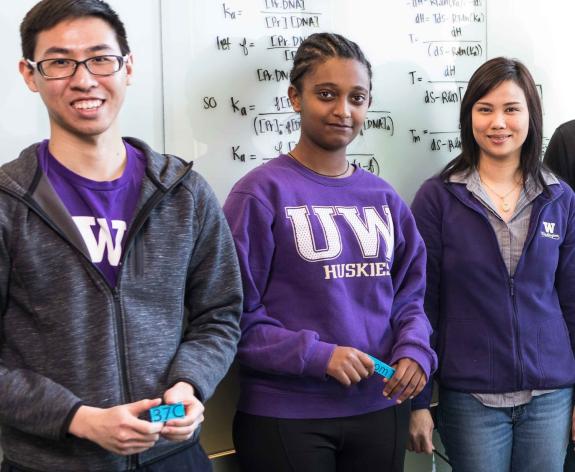
Feasibility study to develop a societal embedding framework…
- Status
- Active
- Large
- Year
- 2023-2024
- Awarded
- $16,852
- Funding sources
- Services and Activities Fee (SAF)
Polynesian Day 2024
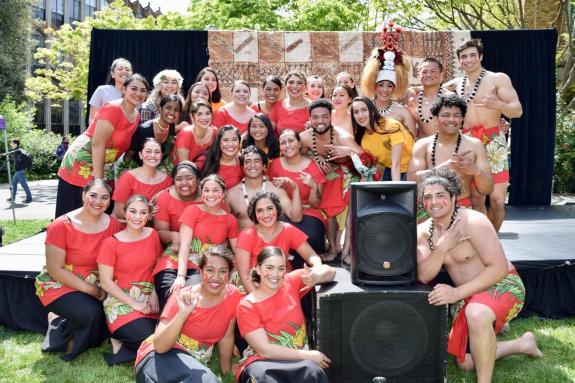
Polynesian Day 2024
- Status
- Completed
- Mini
- Year
- 2023-2024
- Awarded
- $5,000
- Funding sources
- Services and Activities Fee (SAF)
53rd Annual Spring Powwow
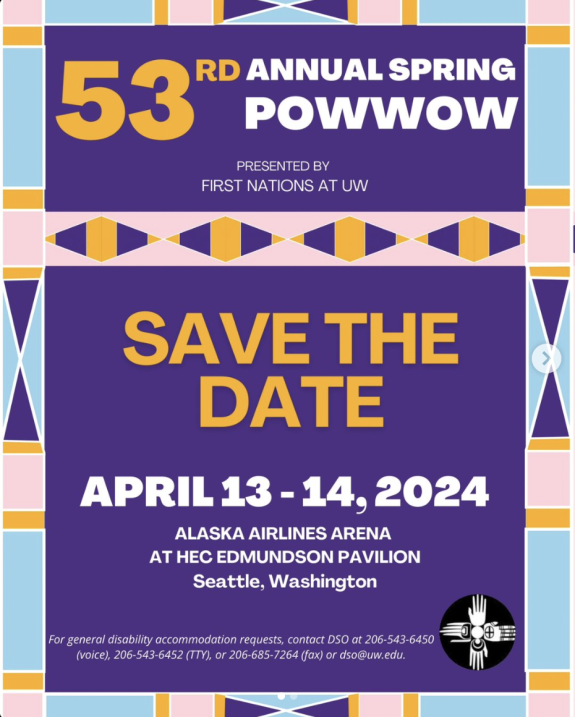
53rd Annual Spring Powwow
- Status
- Completed
- Large
- Year
- 2023-2024
- Awarded
- $13,150
- Funding sources
- Services and Activities Fee (SAF)
Keraton 2024
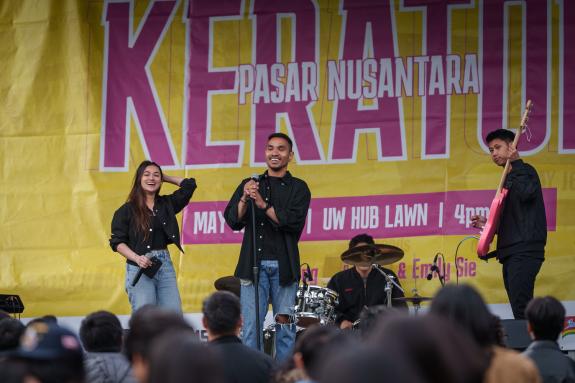
Keraton 2024
- Status
- Completed
- Large
- Year
- 2023-2024
- Awarded
- $10,000
- Funding sources
- Services and Activities Fee (SAF)
Salvage Wood Program (phase 2)
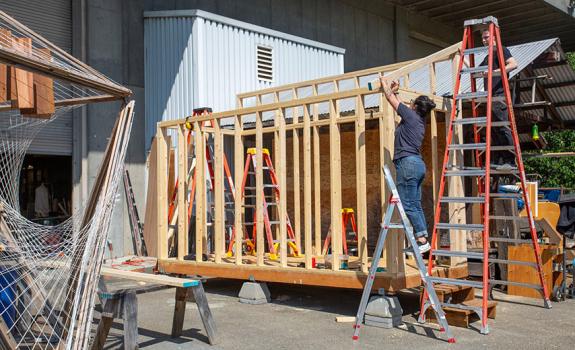
Salvage Wood Program (phase 2)
- Status
- Active
- Large
- Year
- 2023-2024
- Awarded
- $72,400
- Funding sources
- Services and Activities Fee (SAF)
Designing a Bird Friendly Campus (phase 2)
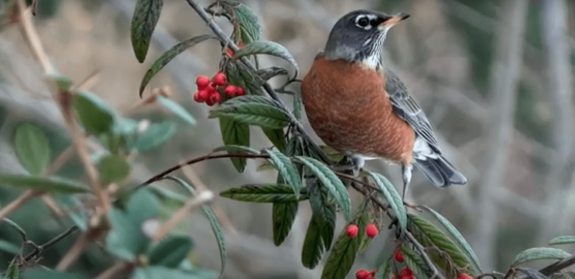
Designing a Bird Friendly Campus (phase 2)
- Status
- Active
- Large
- Year
- 2023-2024
- Awarded
- $69,015
- Funding sources
- Services and Activities Fee (SAF)
The Climbing Club at UW's Scholarship Program
The Climbing Club at UW's Scholarship Program
- Status
- Active
- Mini
- Year
- 2023-2024
- Awarded
- $5,000
- Funding sources
- Services and Activities Fee (SAF)
Lil Labs for Climate Resilience South Seattle
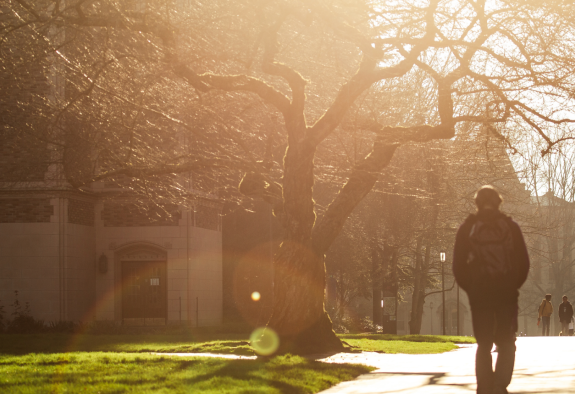
Lil Labs for Climate Resilience South Seattle
- Status
- Active
- Mini
- Year
- 2023-2024
- Awarded
- $5,000
- Funding sources
- Services and Activities Fee (SAF)
Brockman Memorial Tree Tour Maintenance
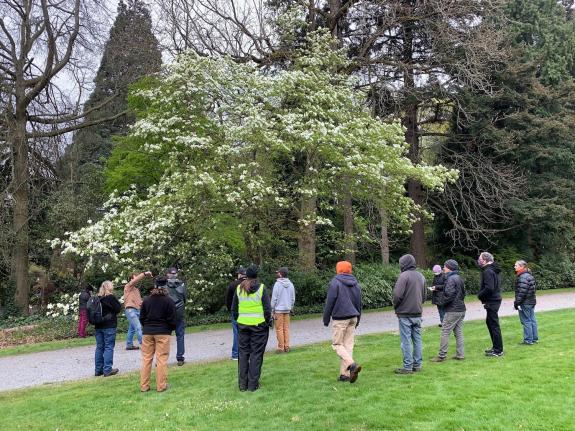
Brockman Memorial Tree Tour Maintenance
- Status
- Active
- Mini
- Year
- 2023-2024
- Awarded
- $1,495
- Funding sources
- Services and Activities Fee (SAF)
Sharing Oranges
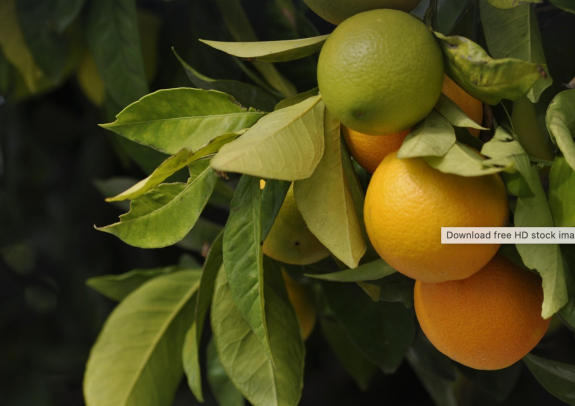
Sharing Oranges
- Status
- Inactive
- Mini
- Year
- 2023-2024
- Awarded
- $5,000
- Funding sources
- UW Resilience Lab (UWRL)Services and Activities Fee (SAF)
Revealing the heritage and evolution of UW Yoshino Cherries…
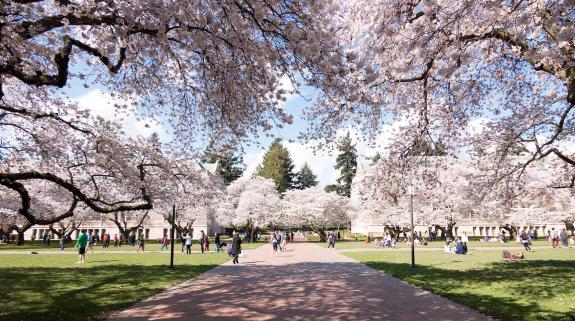
Revealing the heritage and evolution of UW Yoshino Cherries…
- Status
- Active
- Large
- Year
- 2023-2024
- Awarded
- $16,500
- Funding sources
- Services and Activities Fee (SAF)
Analysis of Soil Health and Nutrient Content in Crops Grown…
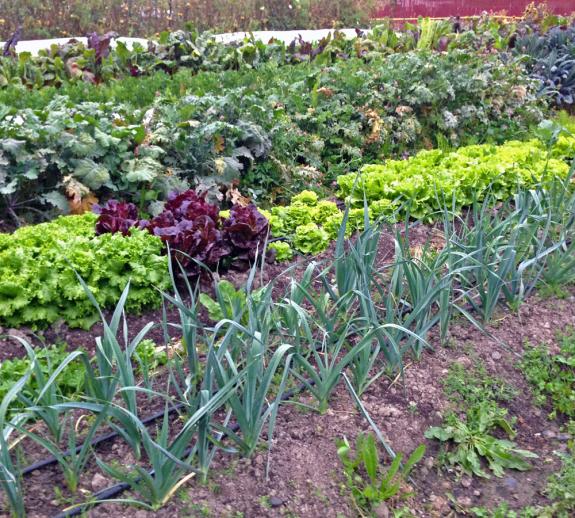
Analysis of Soil Health and Nutrient Content in Crops Grown…
- Status
- Active
- Mini
- Year
- 2023-2024
- Awarded
- $4,131
- Funding sources
- Services and Activities Fee (SAF)
UW TNBGE TAC Pilot
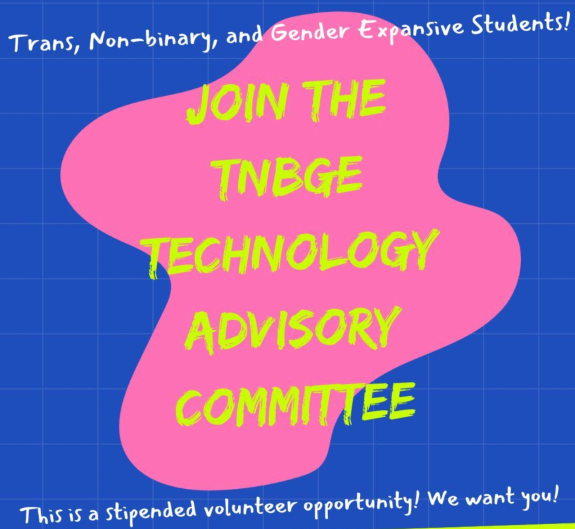
UW TNBGE TAC Pilot
- Status
- Active
- Mini
- Year
- 2023-2024
- Awarded
- $1,204
- Funding sources
- Services and Activities Fee (SAF)
Co-Constructing a Culturally-Centered Resilience Curriculum…
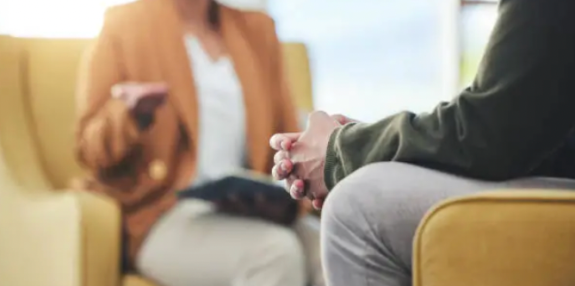
Co-Constructing a Culturally-Centered Resilience Curriculum…
- Status
- Active
- Mini
- Year
- 2023-2024
- Awarded
- $3,959
- Funding sources
- UW Resilience Lab (UWRL)
SER-UW Campus Native Plant Infusion
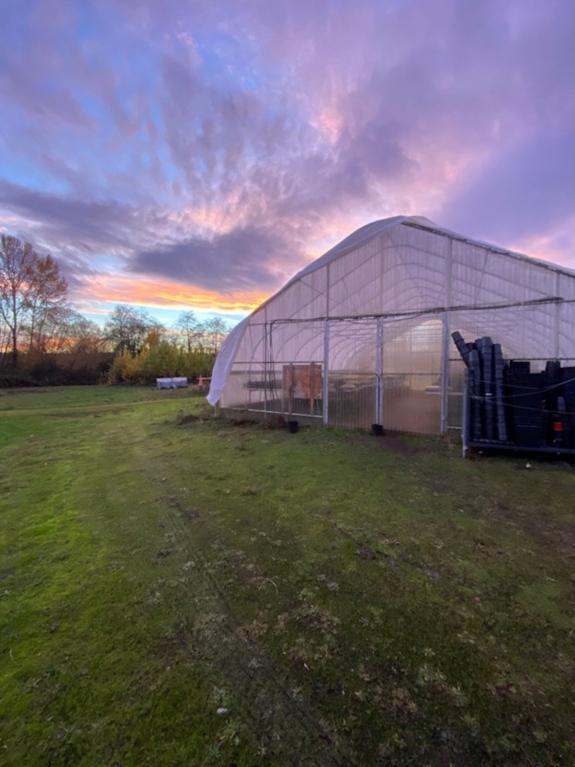
SER-UW Campus Native Plant Infusion
- Status
- Active
- Mini
- Year
- 2023-2024
- Awarded
- $5,000
- Funding sources
- Services and Activities Fee (SAF)
Co-Creating Social Fabric of Belonging Through Bobbin Lace…
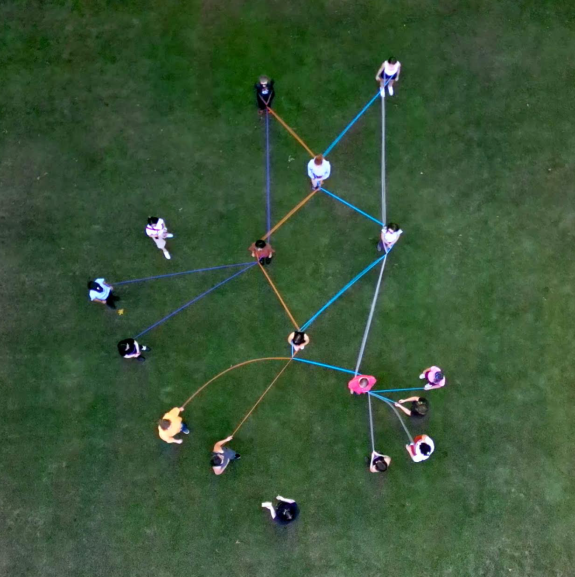
Co-Creating Social Fabric of Belonging Through Bobbin Lace…
- Status
- Active
- Mini
- Year
- 2023-2024
- Awarded
- $5,000
- Funding sources
- UW Resilience Lab (UWRL)Services and Activities Fee (SAF)
Timeless Taiwan 2024
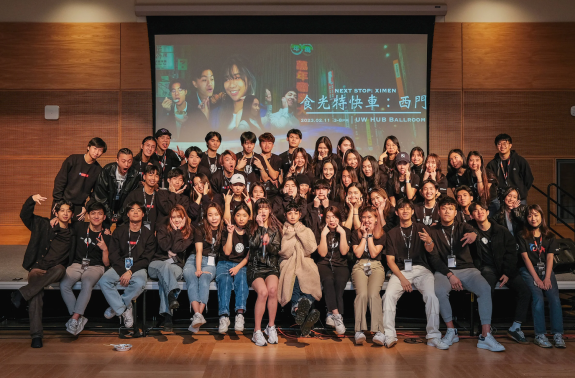
Timeless Taiwan 2024
- Status
- Completed
- Mini
- Year
- 2023-2024
- Awarded
- $2,450
- Funding sources
- Services and Activities Fee (SAF)
Using Restorative Practices to Foster Community in the UW…
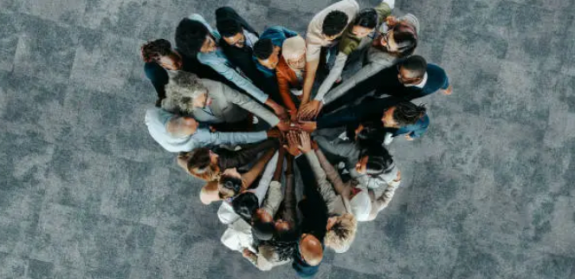
Using Restorative Practices to Foster Community in the UW…
- Status
- Active
- Mini
- Year
- 2023-2024
- Awarded
- $4,400
- Funding sources
- Services and Activities Fee (SAF)
Black Student Commission Concert
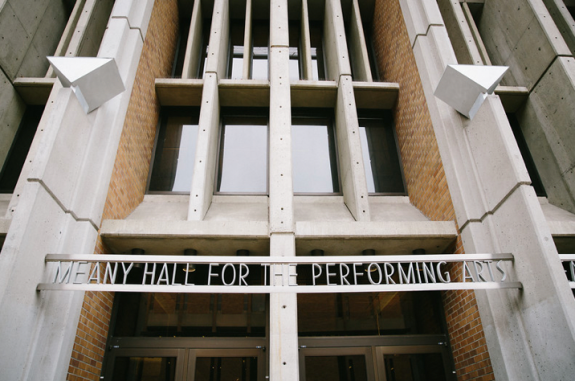
Black Student Commission Concert
- Status
- Completed
- Mini
- Year
- 2023-2024
- Awarded
- $5,000
- Funding sources
- Services and Activities Fee (SAF)
DGH Students Spill the Tea
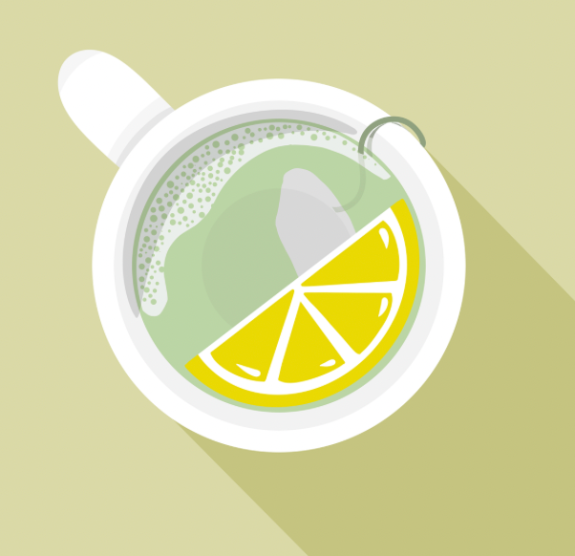
DGH Students Spill the Tea
- Status
- Active
- Mini
- Year
- 2023-2024
- Awarded
- $2,855
- Funding sources
- UW Resilience Lab (UWRL)
